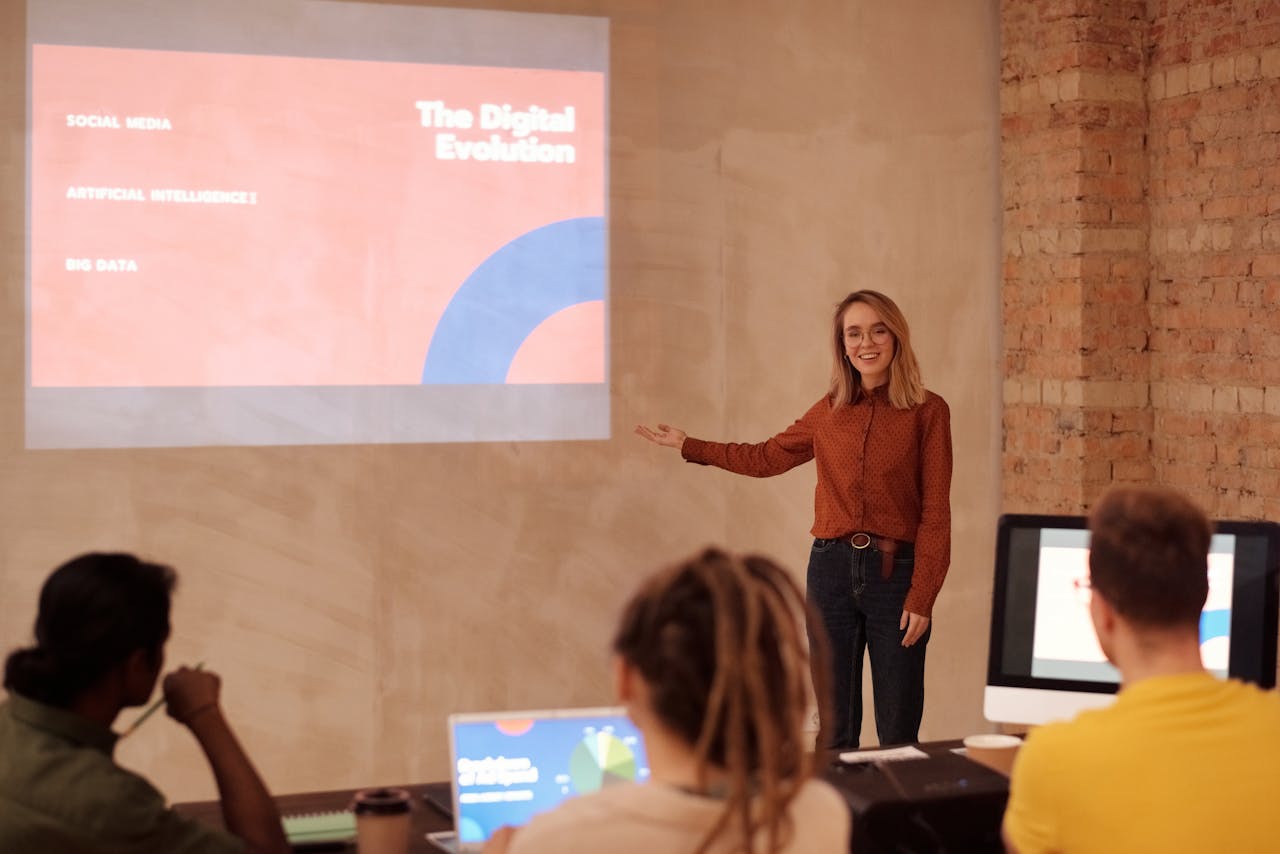The year 2025 finds us squarely in the midst of a profound transformation driven by Artificial Intelligence. AI is no longer a futuristic concept; it’s an integral part of how businesses operate, how products are designed, and fundamentally, how we work. For founders, understanding AI’s impact on the future of work isn’t just about adopting new tools; it’s about anticipating shifts in labor markets, creating more efficient operational models, and developing solutions that empower a new generation of workers. This guide explores the critical implications of AI for the future of work in 2025 and offers strategic insights for founders looking to build resilient and innovative companies.
1. The Blurring Lines: AI as a Co-Worker, Not Just a Tool
In 2025, AI has moved beyond simple automation of repetitive tasks. It’s becoming a collaborative partner. Generative AI models are now highly adept at assisting with creative tasks, content generation, coding, and even strategic analysis.
- Founder’s Insight: Focus on building products and services that augment human capabilities rather than simply replacing them. The most successful ventures will identify areas where AI can enhance human creativity, problem-solving, and decision-making. Think AI co-pilots for diverse professions, from marketing to engineering, enhancing productivity and allowing employees to focus on higher-value activities.
2. Reskilling and Upskilling: The Imperative for the Workforce
The rapid evolution of AI means that job roles are constantly changing. Skills that were valuable just a few years ago might be less relevant, while new demands emerge for AI literacy, critical thinking, and complex problem-solving.
- Founder’s Insight: If your startup involves human capital, investing in continuous learning is non-negotiable. Consider offering AI literacy programs, workshops on prompt engineering, or training in AI ethics. For companies developing B2B solutions, integrating intuitive onboarding and continuous learning modules directly into your AI product can be a significant differentiator, easing the transition for users. In a bustling tech hub like Pimpri-Chinchwad, Maharashtra, with its strong engineering talent, this focus on upskilling can also attract top local talent.
3. The Rise of the “AI-Empowered Solopreneur” and Micro-Enterprises
AI tools significantly lower the barrier to entry for entrepreneurship and content creation. Individuals can now leverage sophisticated AI for marketing, graphic design, content generation, customer service, and even basic product development, reducing the need for large teams.
- Founder’s Insight: This trend opens up massive opportunities for startups building tools specifically for solopreneurs, freelancers, and small businesses. Consider platforms that provide an “AI-in-a-box” solution for specific business functions, or marketplaces that connect AI-empowered micro-enterprises with larger clients. The gig economy is evolving into an “AI-assisted gig economy.”
4. Ethical AI and Responsible Development: A Core Business Value
As AI becomes more pervasive, concerns around data privacy, algorithmic bias, and job displacement are growing. Companies that prioritize ethical AI development and transparent practices will build greater trust and long-term customer loyalty.
- Founder’s Insight: Integrate ethical considerations from the ground up. This means not just complying with regulations but actively designing AI systems that are fair, accountable, and transparent. For example, if you’re developing an AI for recruitment, ensure it’s rigorously tested for bias against underrepresented groups. Building trust around AI is a competitive advantage in 2025.
5. AI-Driven Personalization and Hyper-Efficiency
AI’s ability to analyze vast datasets allows for unprecedented levels of personalization in products, services, and even work experiences. From tailored learning paths for employees to hyper-personalized customer experiences, AI is enabling bespoke solutions at scale.
- Founder’s Insight: Explore how AI can personalize interactions, optimize workflows, and deliver highly relevant content. For instance, an AI-driven HR platform could offer personalized career development plans for employees, or a customer service AI could provide hyper-relevant solutions based on individual user history and preferences. Efficiency gained through intelligent automation remains a huge draw for businesses.
In 2025, AI is not just another technology; it’s a fundamental paradigm shift in the world of work. For founders, success hinges on moving beyond basic AI adoption to strategic integration. This means building products that augment human potential, prioritizing continuous learning, empowering the burgeoning class of AI-assisted solopreneurs, embedding ethical considerations, and leveraging AI for unprecedented personalization. By embracing these principles, founders can build companies that not only thrive in the AI-driven future but also shape it for the better.
